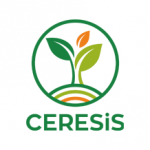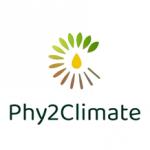A Workshop on Policy and Regulation on biofuel production and soil management will be organized within the frames of the H2020 projects CERESiS project, Phy2Climate Project, GOLD Project H2020 on 12th of May 2022.

Workshop aim
The aim of the workshop is to discuss the regulatory and policy framework at
the intersection of nature-based contaminated land/soil management and
biofuels areas and highlight existing gaps and blind spots, with a view to
develop proposals to overcome such gaps. The vision is to facilitate the use
of biomass grown in contaminated land for the purpose of phytoremediation to
produce clean biofuels for the transport sector.
The current policies and regulatory frameworks for management and clean-up
of contaminated sites in Europe do not include biofuel production as a
valuable, mutually reinforcing option to remediate sites and generate clean
energy. At the same time, all energy and climate policies and their
associated projections envisage an increasingly significant role for
biofuels for transport up to at least 2030, creating therefore the need for
mobilization of significant amounts of (sustainable) biomass feedstock.
Considerations related to the land use change effects, as well as the
introduction of the low-iLUC risk feedstock concept, have sparked an
interest on the exploitation of marginal and contaminated land for biofuels'
feedstock production. It is therefore necessary to identify and eliminate
the policy and regulatory barriers that may hinder the use of contaminated
land for biofuel production.
The workshop will be organized on the base of preliminary findings from
three H2020 projects (CERESiS/GOLD/Phy2climate).
Registration is free- please join us if of interest!
Register here:
Partners:






Comments